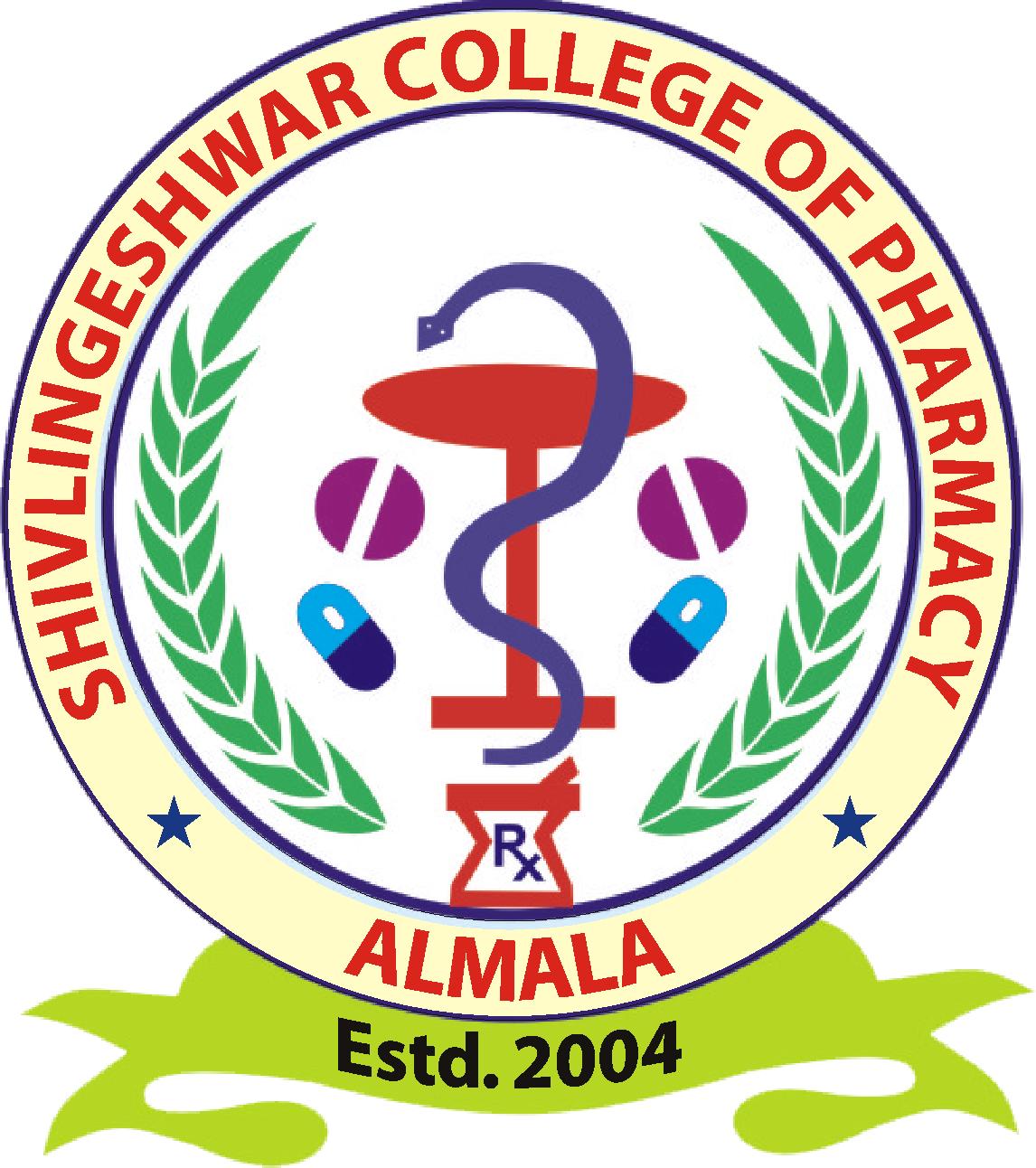+91 9405 750 000
+91 9975 321 222
+91 9604 408 018
scop.pharmacy@gmail.com
BEST PRACTICE - 1
1. Title of the Practice:
"Inspiring Rural Students to Become Competent Pharmacists"2. Objectives:
To raise awareness among rural students about career opportunities and the admission process in the pharmacy profession.
To cultivate technical skills through quality academics.
To familiarize students with competitive exams in pharmacy and prepare them for success.
To develop interpersonal skills in students, enabling them to effectively serve society as competent Pharmacists in the future.
3. Context:
The practice involves organizing career awareness programs to motivate HSC (12th grade) students from rural areas and educate them about the career opportunities in the field of Pharmacy and the admission process. Rural students often lack awareness about government scholarship schemes and face difficulties in the online admission process due to limited technology access and awareness. The practice aims to provide a platform for desired and needy students from rural areas to develop competent and professional skills. It has become an annual best practice at the rural institute.
4. The Practice:
The institute has a dedicated Pharmacy Career Awareness Team that visits various regional junior colleges. During these visits, informative sessions are conducted to raise students' awareness of career opportunities in the pharmacy profession and the admission process for Pharmacy courses. Recognizing that many rural students come from economically weaker sections, the institute offers installment options for tuition fee payments, alleviating the burden of paying the entire amount upfront.
The institute also has a GPAT cell that provides guidance and specialized coaching for competitive exams like GPAT, GATE, and others. In-house classes, guest lectures, workshops, and participation in social activities are organized to develop students' interpersonal and technical skills.
5. Evidence of Success:
The institute has organized a "Career Awareness Programme" to attract rural students, and its popularity has been increasing each year. As a result, a significant number of students have been admitted to the institute, not only in its own courses but also in other institutes in the region.
Admitted rural students have shown significant improvements in their academic performance throughout their courses. After successful completion of their education, students have secured positions in various multinational Pharmaceutical industries, academia, research, and even overseas, establishing successful careers as competent Pharmacists.
6. Problems Encountered and Resources Required:
The institute faces challenges in obtaining permission from Junior Science Colleges to deliver lectures on "Career Awareness and Admission Process." Extensive counseling efforts are required to change the mindset of rural students and encourage them to pursue Pharmacy as a viable and rewarding career option.
BEST PRACTICE - 2
1. Title of the Practice:
"Academic Enrichment Beyond the Classroom"2. Objectives:
To engage students in various activities beyond the classroom for their versatile development.
To provide practical exposure and make students aware of Community Pharmacy, promoting ethical practices in the Pharmacy profession.
3. Context:
The institute recognizes the importance of academic enrichment and aims to go beyond the traditional classroom setting. The college is committed to enhancing the effectiveness of the formal curriculum by providing students with additional skills, fostering moral and civil values, and sensitizing them to social and environmental issues. To achieve this, the institute organizes various co-academic and extension activities that encourage active student participation.
4. The Practice:
The institute's academic schedule is thoughtfully designed, giving special emphasis to student-centric activities. The curriculum is a blend of core academic subjects, co-academic activities, and extension programs. All teaching faculties adhere to this framework, ensuring that students actively engage in these activities. To enrich the academic experience, the college arranges a variety of beyond classroom activities. At the beginning of each academic year, students are encouraged to enrol in these activities, encouraging their overall development.
Beyond classroom activities includes:
Workshops and seminars conducted by industrial resource person to provide practical insights and real-world application of knowledge. Field visits to community Pharmacies and healthcare facilities, allowing students to gain practical exposure and understand the role of Pharmacists in serving the community. Social outreach programs, such as health camps or awareness campaigns, where students actively contribute to community service and address societal health issues. Research projects or internships that provide hands-on experience and promote critical thinking and problem-solving skills.
5. Evidence of Success:
Over the past five years, the college has achieved remarkable success in academic performance, co-academic activities, and other endeavors. The institution takes pride in the outstanding results achieved by students, with many receiving distinctions and first-class honours in university examinations. The college has also excelled in co-curricular and extension activities, receiving recognition and appreciation for its participation and contributions in various fields.
Examples of success indicators:
Higher pass rates and improved academic performance compared to previous years. Recognition and awards received by students in academic competitions, research projects, or paper presentations. Positive feedback and testimonials from students, highlighting the impact of beyond classroom activities on their personal and professional growth. Collaborations and partnerships with external organizations or industrial experts, indicating the institute's reputation and influence in the academic community.
6. Problems Encountered and Resources Required:
The college faces challenges due to the rural background of a significant portion of the student population. These students may have limited exposure to resources, technology, or educational opportunities, which can affect their academic enrichment. Financial constraints may also limit the institute's ability to provide necessary resources for beyond classroom activities.
Resources required to address these challenges include:
Funding for scholarships or financial aid programs to support students from economically disadvantaged backgrounds. Enhanced access to technology and resources through computer labs, libraries, or online platforms. Collaborations with external organizations or professionals to provide mentorship, guest lectures, or internship opportunities. Counselling and guidance services to support students in setting academic and career goals, as well as overcoming challenges related to their rural background. By addressing these challenges and allocating appropriate resources, the college can further enhance the academic enrichment beyond the classroom, ensuring holistic development and success for its students.


